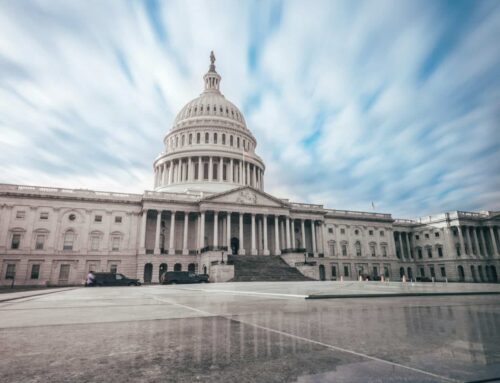The National Football League is the most lucrative sports organization in the world. Revenues for 2012 were estimated to be $9.5 billion, and Commissioner Roger Goodell, whose compensation was more than $44 million that year, plans to increase revenues to $25 billion by 2027.
Should the N.F.L. continue to operate as a tax-exempt organization? At Taxpayers for Common Sense, we think the answer is no. The N.F.L. helps teams make money through joint business ventures – a fine goal for football teams, but not one taxpayers need to subsidize.
The portion of the tax code that covers the N.F.L., Section 501 (c)(6), governs “trade associations,” exempting from taxation organizations whose primary purpose is to further an industry or profession. There are trade associations to promote everything from accountants and attorneys to travel agents and pork producers. Trade associations may not benefit individual shareholders, while contributions to them are not tax deductible and their income is not taxed.
The N.F.L.’s eligibility for 501 (c)(6) status is not based on its characteristics but was instead set by Congress in 1966 when Public Law 89-800 passed, redefining tax-exempt organizations in section 501(c)(6) of the tax code to include “professional football leagues.” The problem with that redefinition is that unlike a trade association, the N.F.L. promotes a league made up of 32 teams (or owners) and controls television contracts, licensing fees and other joint activities in which the member teams participate and from which they profit significantly.
The teams pay taxes, but the dues they pay to support the N.F.L.’s front office are not taxed. According to the N.F.L.’s 990 filing (required of all nonprofits), the total collected in “dues and assessments” and “coach/club fines” was $326.8 million in 2012.
These dues were used to pay the multimillion dollar salaries of league workers, the rent at the league’s plush New York offices and were put toward other efforts to help the teams operate and profit. The N.F.L. is not alone; other professional leagues, including the National Hockey League and the Professional Golfers’ Association, also receive this benefit. The Joint Committee on Taxation estimates the 10-year cost of this practice to be approximately $109 million to the taxpayer. Meanwhile, other professional sports operate and thrive without the trade association status: The National Basketball Association never claimed to be a 501(c)(6) and Major League Baseball abandoned the status years ago.
At no time would continuing the tax exempt status of professional sports leagues be good policy. At a time of sky-high deficits and debts, continuing this policy is inexcusable.










